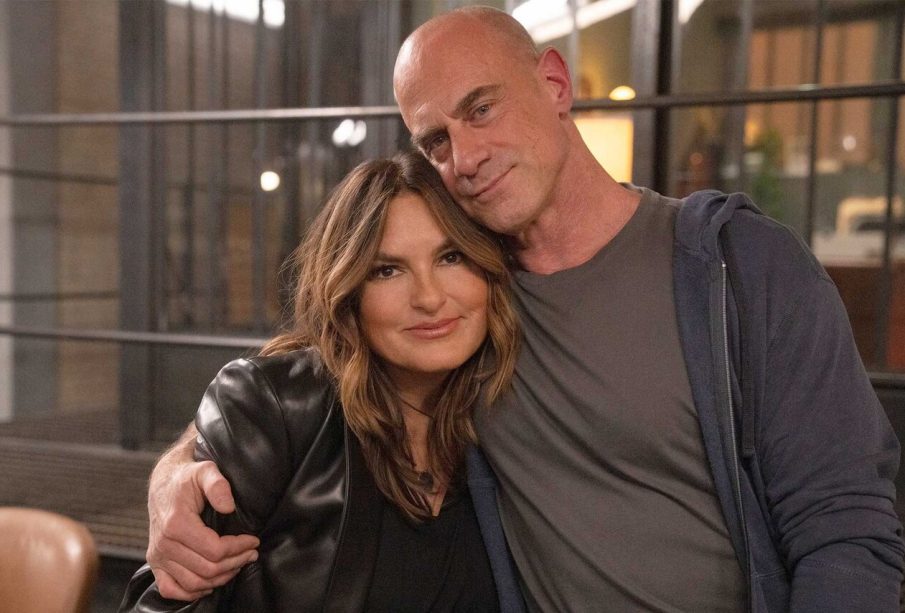The Impact of Mariska Hargitay as Actress and Advocate

Introduction
Mariska Hargitay, best known for her iconic role as Olivia Benson on the long-running television series “Law & Order: Special Victims Unit,” has made a significant impact both in the entertainment industry and in her advocacy for victims of sexual assault and domestic violence. She is not only celebrated for her acting prowess but also for her dedication to raising awareness about these critical issues, making her an influential figure in contemporary society.
Career Highlights
Since her debut in 1999, Hargitay has portrayed Olivia Benson for over two decades, earning numerous accolades including an Emmy Award in 2006. Her character, a sensitive and strong detective, has become a beacon of hope for many viewers who have experienced trauma. The show itself addresses often overlooked and difficult subjects, and Hargitay’s performance has been instrumental in shedding light on real-world issues surrounding sexual violence.
Advocacy and Nonprofit Work
Beyond her acting career, Hargitay has been a relentless advocate for those affected by sexual violence. In 2004, she founded the Joyful Heart Foundation, an organisation dedicated to empowering survivors of sexual assault, domestic violence, and child abuse. The foundation provides support and resources to help individuals heal from their trauma and reclaim their lives.
Hargitay’s efforts extend to raising awareness about the inadequacies in the legal system regarding sexual assault cases. Her advocacy has led to significant dialogue on the need for reform, improved training for law enforcement, and better support systems for victims. Recently, she has been vocal about the impact of the COVID-19 pandemic on domestic violence rates, urging communities to pay closer attention to rising cases during lockdown.
Public Reception and Influence
Hargitay’s dual role as an actress and advocate has endeared her to the public. Fans and activists alike admire her combination of empathy, strength, and leadership. Her work is particularly resonant in a culture that is increasingly aware of the importance of discussing and addressing issues around consent and violence against marginalized communities.
Conclusion
Mariska Hargitay’s contributions extend far beyond the screen. As she continues to champion the rights of survivors and promote awareness through her foundation, she remains a vital voice in the fight against sexual violence. Looking to the future, her influence as an advocate is expected to grow, inspiring new generations to become involved in activism and support for those affected by crime. Hargitay’s legacy will likely be defined by her unwavering dedication to justice and healing.





